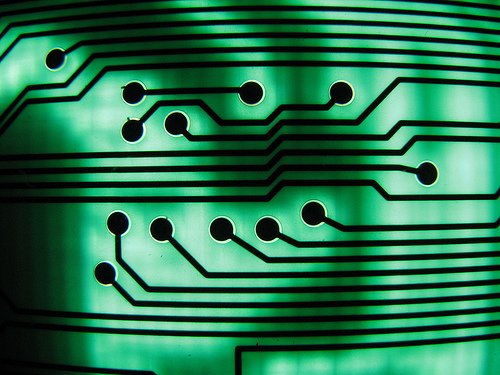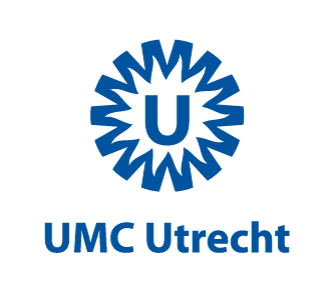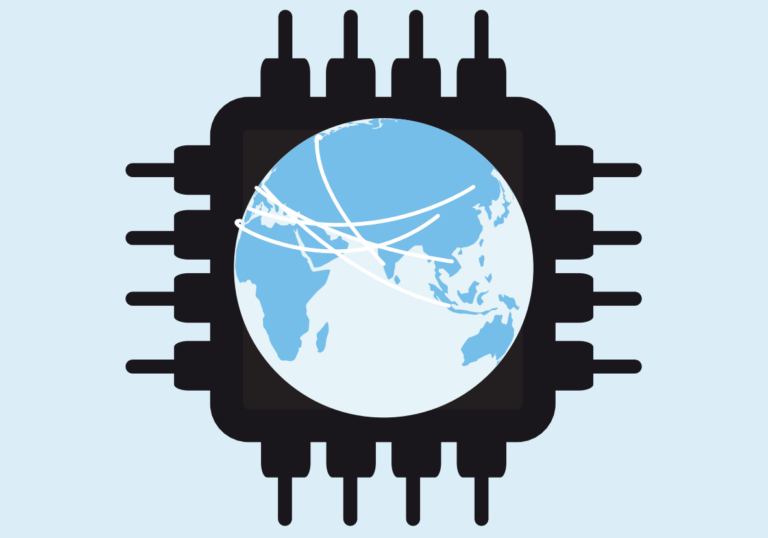
Successful first Electronics Watch Conference in Amsterdam
On Thursday 14 November, the Hortus Botanicus in Amsterdam was the setting for the first international Electronics Watch conference, hosted by the Centre for Research on Multinational Corporations (SOMO). It brought together nearly thirty participants from over ten different countries to discuss socially responsible public procurement of ICT hardware.
Electronics Watch (EW) is a new European initiative that aims to improve working conditions in the electronics sector. The consortium, which consists of seven European NGOs, is specifically focused on the (semi-)public sector due to its role as a major electronics buyer.
Challenges
What information regarding the production process do public buyers need to influence their electronics suppliers through their procurement policy? What do monitoring institutions in production countries need to be able to provide the required information? What is the role of social organisations, trade unions, student organisations and other interest groups in Europe and the US in addressing electronics brands with regard to their responsibility for human rights violations in the production chain? These and other questions where the main discussion points at last week’s conference in Amsterdam.
Active participation
In addition to the seven Electronics Watch project partners the conference attracted a broad field of participants. Labour rights organisations from China and Mexico gave their (critical) contributions. Labour Education and Service Network (LESN), Students and Scholars against Corporate Misbehaviour (SACOM) and Globalization Monitor and China Labor Watch presented their insights and experience from a Chinese perspective. Centre for Labour Action and Studies (CEREAL) shared its knowledge about the situation in the electronics sector in Mexico. Other participants included several European and American NGOs that work closely with governments in the field of sustainable procurement. Swedish NGO Swedwatch, for instance, has experience in performing supply chain research commissioned by Swedish government bodies.
A delegation from the German state North Rhine-Westphalia offered valuable insights into the current state of affairs in the field of sustainable procurement in Germany as well as useful tips for ensuring the issue is placed higher on government agendas in Europe. A researcher from the law faculty of Greenwich University provided the ambitions of Electronics Watch with the proper legal context.
Ambitions
The participants of the conference supported Electronics Watch in its ambition to offer more than regular monitoring of labour conditions on the factory level. Electronics Watch will work together with civil society organisations in ICT production countries and contribute to structural changes in the sector. Workers’ empowerment is key here. Equally as important is that electronics brands amend their business practices, and more particularly their supplier relations and purchasing practices, including pricing and lead times. Electronics Watch hopes to have a substantial impact in this regard.
Follow-up
A detailed report of the conference will be available soon. Besides elaborating upon the Monitoring and Reform programmes, the report will include a focus on the steps to be taken towards the formal establishment of Electronics Watch in 2015, when a first group of 50 purchasing agents from the public sector from throughout Europe is due to start with the responsible public procurement of ICT hardware.
Survey
Partners
Related content
-
 UMC Utrecht is first Dutch organisation to join Electronics WatchPosted in category:NewsPublished on:
UMC Utrecht is first Dutch organisation to join Electronics WatchPosted in category:NewsPublished on: -
 Electronics Watch’s new investigative report shows major labour abuses in the ICT industryPosted in category:NewsPublished on:
Electronics Watch’s new investigative report shows major labour abuses in the ICT industryPosted in category:NewsPublished on: -
 Electronics Watch releases a detailed mapping report of the ICT industryPosted in category:NewsPublished on:
Electronics Watch releases a detailed mapping report of the ICT industryPosted in category:NewsPublished on:

